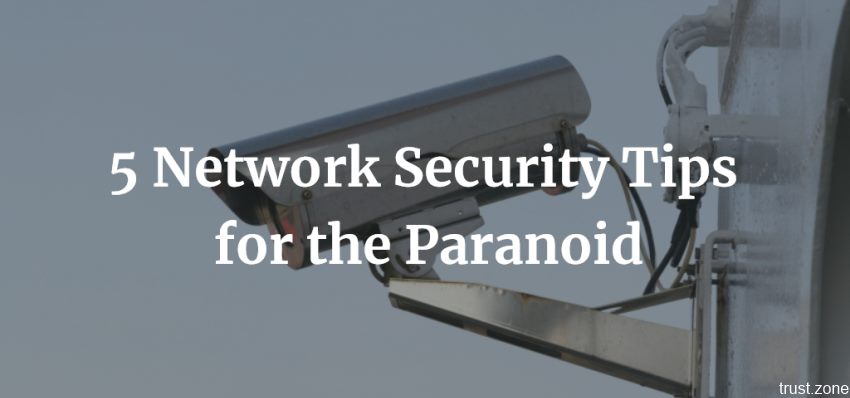As we've seen in the news lately, it appears that the fear of Big Brother watching everyone's online activity is not necessarily such a paranoid conspiracy theory after all.
So, what's an average law-abiding citizen concerned about their right to online privacy to do to protect themselves? Well, that's what we're going to talk about.

You should have a reasonable expectation of privacy in your online dealings, save for those that you intentionally make public via social networks such as Facebook. Your email, for example, should be considered something that no one other than you should be able to access without your permission.
You certainly wouldn't want the post office opening your mail before it was delivered to your house and having them read it before they sent it on to you, would you? You know where they do that? In prisons.
Whether it's Big Brother, hackers, or scammers, you can take some simple steps to help improve your online privacy.
Personal VPN services have many benefits.
VPN can anonymize your IP address (to a degree) and can help keep your geo-location information from being directly divulged.
VPNs can also provide a wall of strong encryption, protecting your data in transit, and helping to prevent eavesdroppers from stealing account information, passwords, etc. Personal VPNs can protect not only your device or computer but can be used to protect your smart home as well.
VPN is usually paid service but with Trust.Zone you can try VPN for free first, so you can see if the service is worth it before you decide to start paying for it.
If you're not already encrypting your wireless network connection then you are likely giving your neighbors free Internet service and leaving your network's virtual door wide open for hackers and others to connect to your network and do bad things.
Enable WPA2 encryption and use a creative wireless network name (other than the default) coupled with a strong network password.
It's recommended to use VPN on public Wi-fi to stay safe. Hackers may set free Wi-fi networks to steal your personal information.
Want to keep eavesdroppers out of your business? If the site or service you're using offers an encryption option for securing your call, file, login, or connection, take advantage of it.
For example, Facebook offers the capability to connect via encrypted SSL vs. connecting over a non-encrypted channel. Will it make browsing Facebook a little slower because of the encryption process? Maybe. Will it prevent coffee shop Wi-Fi-sniffing trolls from stealing your login credentials? Probably.
Much like a medieval castle, your computer should have layered defenses protecting it's valuable contents. If one layer fails, the other defenses should still hold to help keep the attackers out.
The best rule of thumb when doing anything online is to pretend that everything you do is being recorded. If you don't feel comfortable saying something to a room full of strangers, it's probably best to keep that information off of the Internet even if you think you've kept that information private.
Will any of the above tips prevent Big Brother or hackers from snooping on you or viewing your private information? Maybe, maybe not. If it does, it might just provide a short speed bump that they must overcome on the road to your personal data, but at least it makes it a little bit harder for them.
While some of these tips may help keep hackers and eavesdroppers out of your business to a degree, there is nothing that can guarantee that you're not being watched by someone somewhere.
Author's Bio:
Daniel T Anderson, a writer at the essay help service. He keeps up with advancing technologies so as to get acquainted with latest technological tendencies. Besides, Daniel is keen on reading modern literature and traveling.